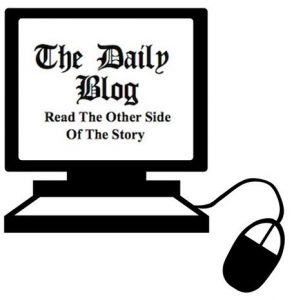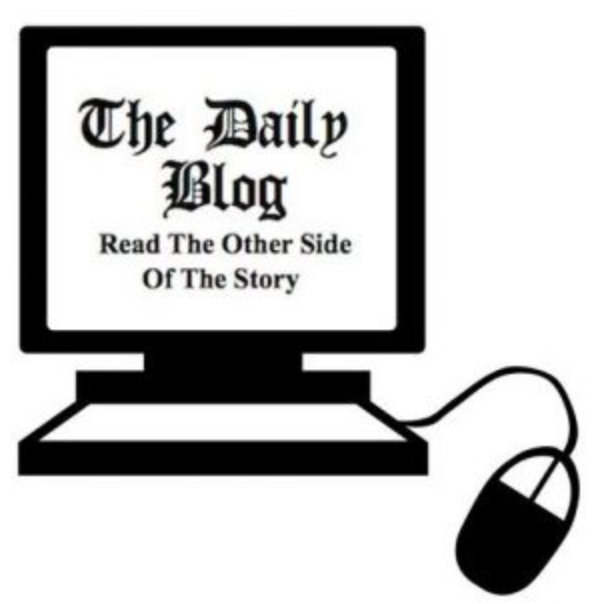
Announce protest actions, general chit chat or give your opinion on issues we haven’t covered for the day.
Moderation rules are more lenient for this section, but try and play nicely.
EDITORS NOTE: – By the way, here’s a list of shit that will get your comment dumped. Sexist language, homophobic language, racist language, anti-muslim hate, transphobic language, Chemtrails, 9/11 truthers, climate deniers, anti-fluoride fanatics, anti-vaxxer lunatics and ANYONE that links to fucking infowar.






This happened in UK not too long ago, and in a time where people thought they had achieved a civilised society.
https://www.telegraph.co.uk/news/2020/06/03/let-george-floyds-death-finally-put-end-black-communitys-agony/
I am often asked what the hour or the day was when the 1981 Brixton uprising erupted; something I imagine will be posed in years to come to those now taking to the streets for George Floyd. People are surprised when I say things really began in 1969 when Olive Morris, a black woman, was going about her business and spotted the police brutally beating Clement Gomwalk, a Nigerian diplomat, in central Brixton. She was horrified and rushed to intervene.
Olive was swiftly arrested and beaten so grotesquely by the police that her brother, Basil, could hardly recognise her when he was finally allowed to visit. In police custody, Olive was forced to strip and threatened with rape. She was fined £10. She was 17 years-old.
Like George Floyd, the painful truth is that these are not isolated cases. There were untold incidents of excessive, unchecked police violence wreaked on black people long before Olive Morris, and in the following decades.
Alex Wheatle
3 June 2020 • 4:32pm
When I took to the streets of Brixton one Saturday morning in April 1981, I already had been humiliated and dehumanised by what I perceived was an occupying force. I didn’t have a knee on my neck but I had once felt a policeman’s boot on my head as I was transported to Brixton police station by the notorious Special Police Group after they raided a party I was at, and bundled me into a police van. So by the time the uprising rolled around that weekend I – and thousands of other protesters, mostly young black men like me – believed we may as well confront the enemy and vent our fury because they would be coming for us one day anyway.
I knew full well what the police were capable of – I had been subject to the slurs and stop-and-searches if I dared even look in a shop window – but I accepted that risk. I wanted revenge: I had lost respect for the justice system – a result of the naked racism of the police, the hard ears of the media who never gave us space to relate our experiences, and a government that failed to recognise the effects unemployment – afflicting more than 60 per cent of the Afro-Caribbean community – and discrimination were having on us.
Fear, anger, frustration, exhilaration joined hot adrenaline and charged through my 18-year-old body that day as things escalated to what is now dubbed the Brixton riots, where an estimated 5,000 people took to the streets over three days, united in anger over the rumour that had begun circulating on the Friday night that the police were responsible for the stabbing of Michael Bailey, a young black man. Molotov cocktails flew across the air to the sounds of sirens and screams. Broken glass carpeted the streets, cars were aflame; everything was orange. The police were using dustbin lids as shields, but we were determined: the occupying force had to be repelled.
I was arrested for my participation in the riots a few weeks later, spending four months in prison; I turned my life around, and hoped that wider change would follow suit. After a public inquiry the Scarman Report, released later that year, found that the police’s disproportionate use of stop and search against the black community had been one of many factors that culminated in a ‘disposition toward violent protest’, adding that only ‘urgent action’ would be enough to prevent racial disadvantage becoming an ‘endemic, ineradicable disease threatening the very survival of our society.’
Thirty-nine years later, my own life is entirely different – I have written 16 books and earned an MBE, am a lecturer at Manchester Metropolitan University and have three children; outwardly I live a successful life. Yet when I see the video of the police throttling George Floyd to death on the streets of Minneapolis on my screen, I flinch. I find it too distressing. It brings forward too many triggers for me. I have to remind myself that this is 2020, that the things that seem to happen ‘over there’ happen here, too.
Brixton riot
Thousands of people took to the streets of Brixton in April 1981 in protest at the overuse of police stop and search Credit: REX/Shutterstock
I am often asked what the hour or the day was when the 1981 Brixton uprising erupted; something I imagine will be posed in years to come to those now taking to the streets for George Floyd. People are surprised when I say things really began in 1969 when Olive Morris, a black woman, was going about her business and spotted the police brutally beating Clement Gomwalk, a Nigerian diplomat, in central Brixton. She was horrified and rushed to intervene.
Olive was swiftly arrested and beaten so grotesquely by the police that her brother, Basil, could hardly recognise her when he was finally allowed to visit. In police custody, Olive was forced to strip and threatened with rape. She was fined £10. She was 17 years-old.
Like George Floyd, the painful truth is that these are not isolated cases. There were untold incidents of excessive, unchecked police violence wreaked on black people long before Olive Morris, and in the following decades.
David Oluwale, Sean Rigg, Christopher Alder, Roger Sylvester, Sarah Reed, Rocky Bennett, Brian Douglas, Kingsley Burrell… There are dozens more I could add who lost their lives in police detention. Black families are still crying their tears. Every black person in my generation can relate a tale of police threats, intimidation and bloodshed. Every single one of these incidents is deeply traumatic and seared in our consciousness. There are numerous other cases that remain unreported. Some friends of mine refused to report what atrocities were perpetrated on them as they feared they would never be believed.
Under LIAR Jacinda and her kindness BS this country is sinking deep into hypocrisy and lies, beneficiaries lied to and ripped off.
I keep lifting my ideas by listening or reading someone inspiring.
This woman Barbara Sher has recently died 10 May. But she has a really nice way of encouraging that you
can see through Youtube. If all USA people were like her, it would really be a great country.
(https://www.youtube.com/watch?v=31AYBZfy7jk The sound comes up on the following link.
Bradbury is a left leaning NAZI.
Murderous Anglo Saxons wipe you off NZ Aotearoa, thanks:
https://www.youtube.com/watch?v=QXV9FMyA570
Suria:
https://www.youtube.com/watch?v=awxcWgHW9fs
Comments are closed.